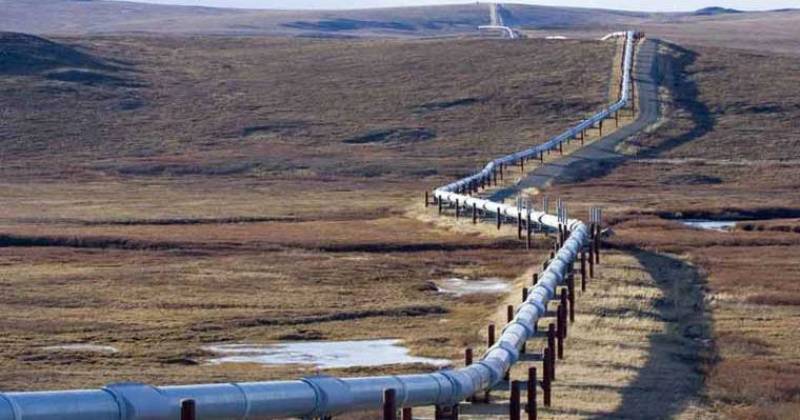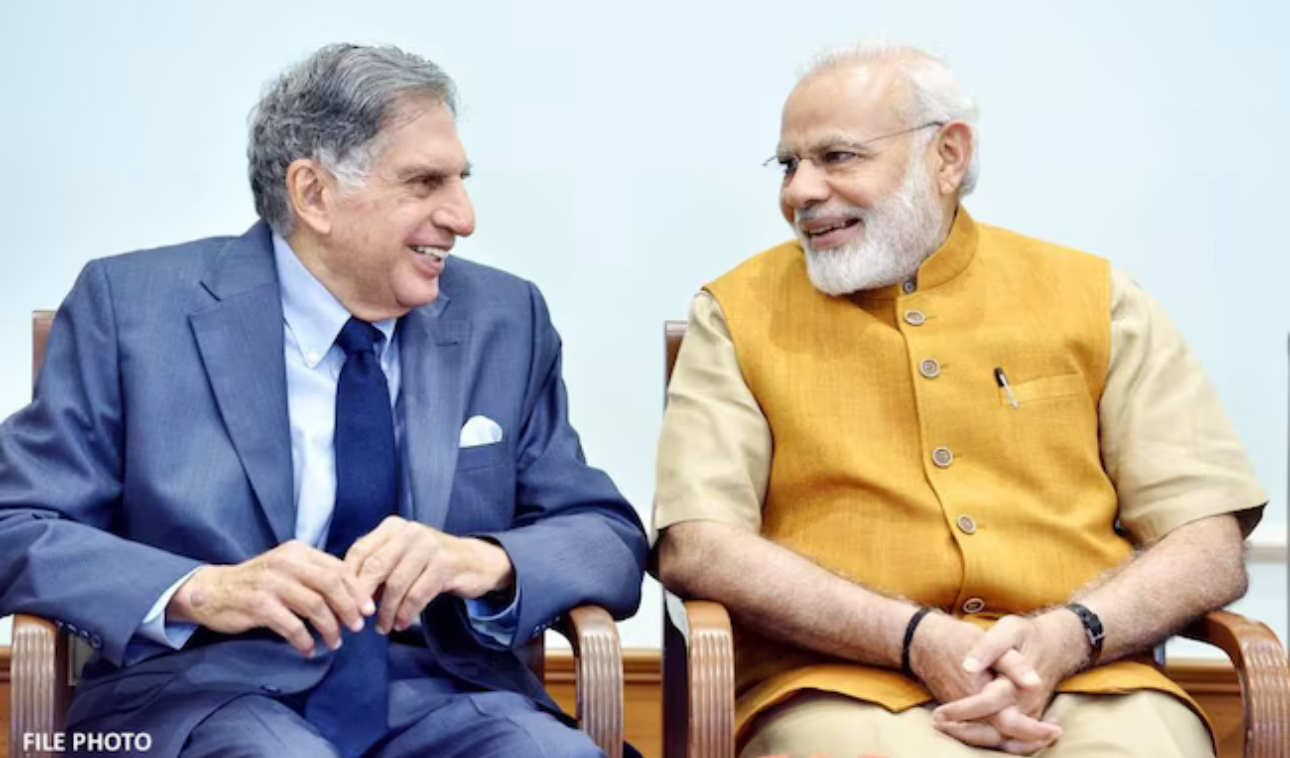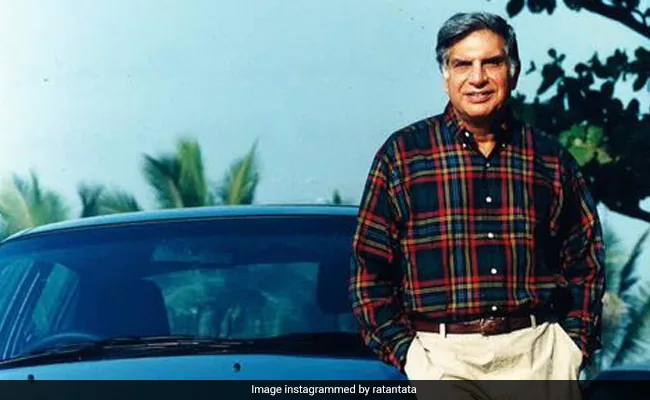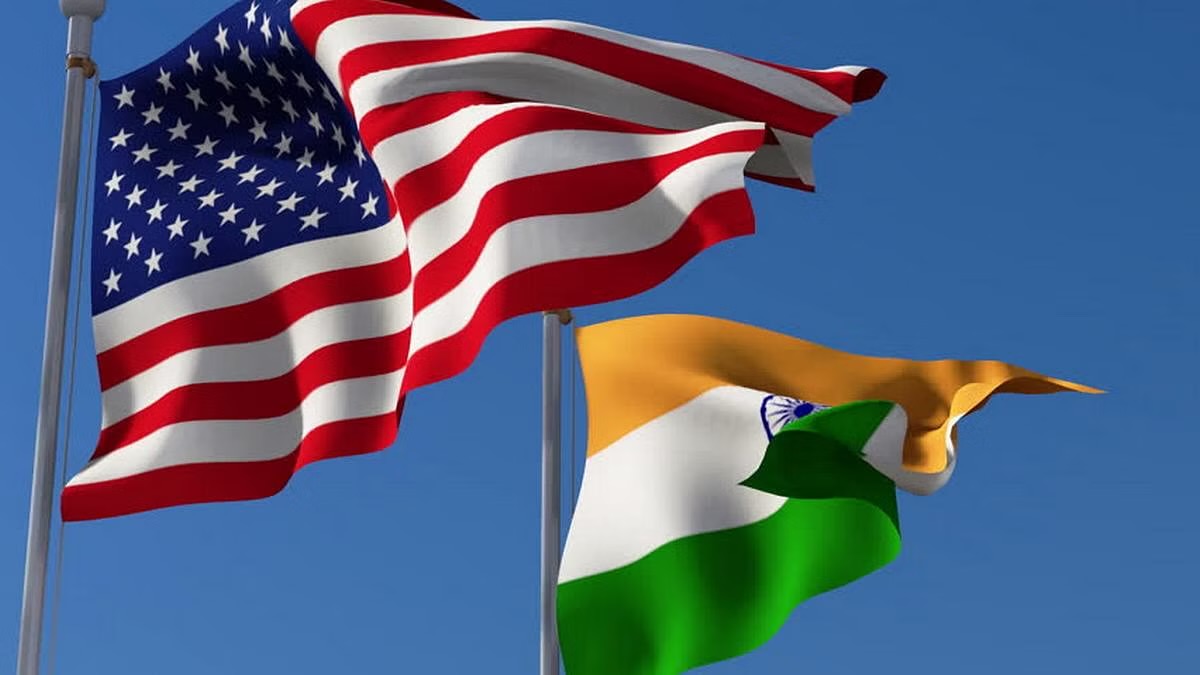India and UAE Affirm Cooperation in Combating Climate Change

New Delhi — Prime Minister Narendra Modi and United Arab Emirates President Sheikh Mohamed bin Zayed Al Nahyan have emphasized the crucial role of India’s G20 presidency in accelerating global cooperation to combat climate change. The joint statement on climate change released by India and the UAE recognizes the urgent need for collective action and adherence to the principles and obligations outlined in the United Nations Framework Convention on Climate Change (UNFCCC) and the Paris Agreement.
During their meeting, Prime Minister Modi congratulated the UAE on being selected as the host country for COP28 in 2023 and extended India’s full support to the UAE’s incoming presidency. President Sheikh Mohamed bin Zayed Al Nahyan, in turn, commended India for its leadership role in the G20.
Both leaders stressed the significance of India’s G20 presidency in fostering cooperation to combat climate change, particularly focusing on finance and technology as critical enablers. They also highlighted the importance of just, inclusive, and sustainable energy transitions. The joint statement further affirmed their commitment to enhancing cooperation on climate ambition, decarbonization, and clean energy, with the aim of achieving tangible and meaningful outcomes at the 28th Session of the UNFCCC Conference of Parties (COP28).
Urgent action was called upon by both leaders to preserve the long-term goals of the Paris Agreement, including the fulfillment of nationally determined contributions and the display of solidarity and support. While upholding the principles of equity and common but differentiated responsibilities, the leaders emphasized the imperative of achieving ambitious, balanced, and implementation-oriented outcomes at COP28 across all important pillars of global climate action.
The joint statement underscored the importance of the global stocktake (GST) and its successful conclusion at COP28. The leaders called for a balanced approach to the GST and urged nations to use its outcomes to strengthen their national commitments, including those related to finance and support for developing nations. International cooperation in supporting developing countries to effectively respond to the adverse impacts of climate change was highlighted as a necessity.
Concrete progress in fortifying adaptation capacities, the development of the global goal of adaptation (GGA), and addressing issues of loss and damage were emphasized. The leaders urged parties to operationalize the loss and damage fund and funding arrangements of COP28. Investments in renewable energy, green hydrogen, energy efficiency, and other low-carbon solutions were recognized as potential drivers for sustainable economic growth and job creation.
Supporting and deploying all technologies to effectively address and reduce emissions while ensuring a just transition that enables comprehensive sustainable development were emphasized. The international community was called upon to redouble efforts in ensuring the availability, accessibility, and affordability of critical technologies for developing countries.
Both leaders emphasized the importance of a just energy transition, focusing on energy security and accessibility, economic prosperity, and greenhouse gas emissions mitigation in a just and equitable manner. Universal access to affordable, reliable, and sustainable energy for all was recognized as a vital component of low-carbon development. The urgent need for developed countries to fulfill the USD100 billion delivery plan and double climate finance for adaptation to developing countries by 2025 was reiterated.
The leaders also stressed the role of international financial institutions and multilateral development banks in reforming financial mechanisms, unlocking concessional finance, managing risk, and attracting additional private capital to support climate change initiatives in developing countries. Sustainable and environmentally friendly behaviors on a mass scale were acknowledged as significant contributors to global climate action.
The joint statement lauded India’s Mission LiFE initiative, which promotes sustainable lifestyles and environmentally friendly choices. Both leaders expressed hope that the COP28 agenda would further raise awareness among individuals to make the right choices for the environment.
India and the UAE expressed their determination to ensure a successful outcome at COP28, promoting inclusive and action-oriented dialogue to advance the goals of the UNFCCC and the Paris Agreement. They recognized the pivotal significance of COP28 in fostering international cooperation, sharing experiences and knowledge, and forging innovative and effective solutions to address the challenges of climate change.



















Facebook Comments